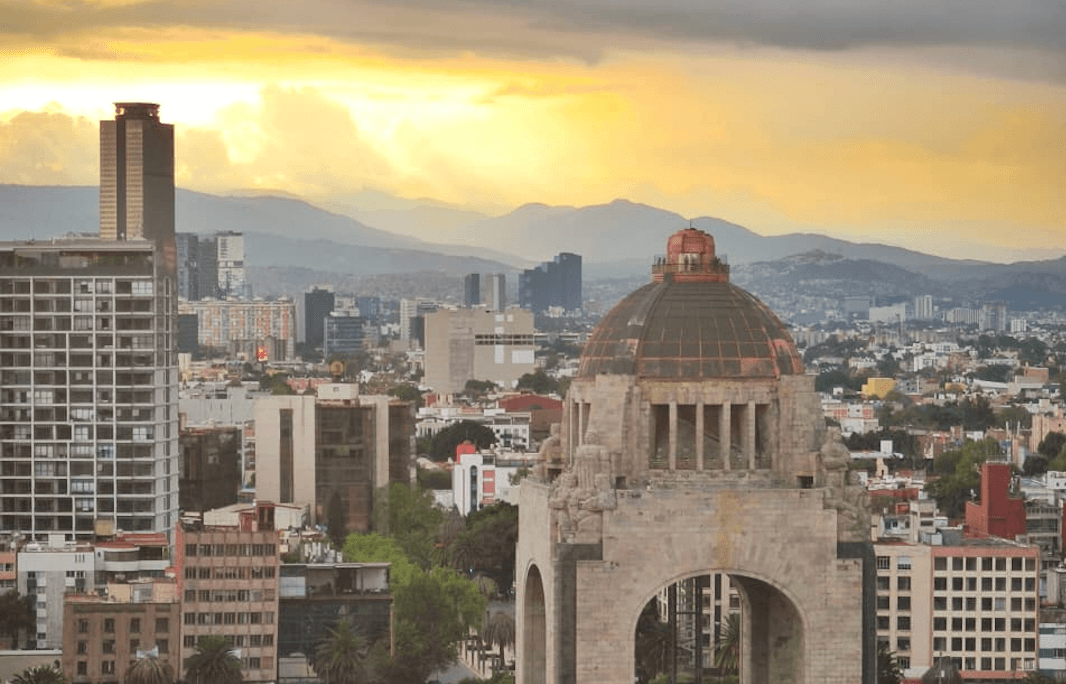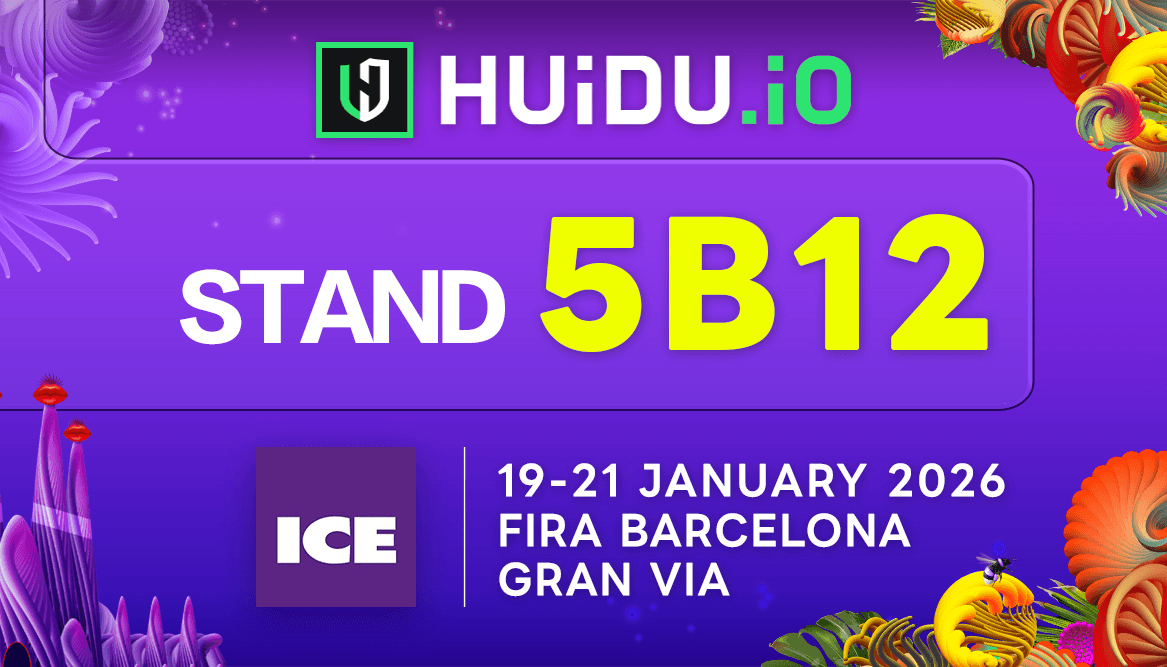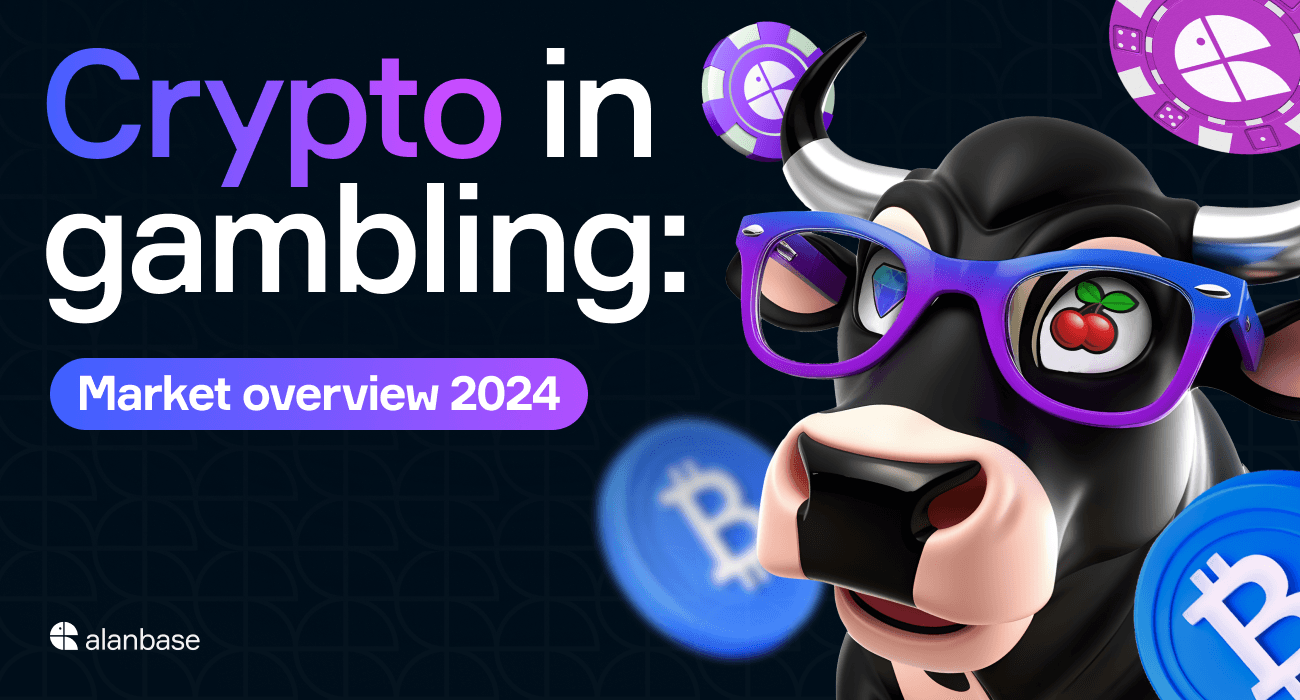Tens of thousands of accounts under scrutiny
When the numbers climb this fast, regulators know they’re chasing something bigger than data.
Indonesia’s Financial Services Authority (OJK) has intensified its campaign against illegal online gambling, ordering the closure of 27,395 bank accounts suspected of involvement in unlawful betting.
According to Dian Ediana Rae, OJK’s chief executive of banking supervision, the number of accounts flagged for closure has grown rapidly, up from 25,912 last month, as authorities track suspicious transfers across multiple banks.
The effort forms part of a coordinated strategy to cut off financial lifelines that sustain the country’s underground gambling networks, many of which operate through small digital transactions that are difficult to trace.
But money is only part of the picture, the human cost is starting to surface too.
Welfare funds caught in the crossfire
The crackdown is about lives and livelihoods, and no longer only about bank balances.
The Ministry of Social Affairs confirmed that welfare payments for roughly 300,000 beneficiaries have been suspended, after investigations revealed that recipients had used public funds to gamble online.
Minister Saifullah Yusuf said the ministry’s data shows that out of nine million identified online gambling users, more than 600,000 were welfare recipients.
The revelation has shaken public confidence in the country’s social assistance programmes and raised questions about how easily welfare disbursements can be diverted into digital casinos.
Still, the government insists the goal is accountability. And that means digging deeper into how those funds moved.
Tracking the flow of welfare money
Every rupiah tells a story, and some are leading straight into online casinos.
The Financial Transaction Reports and Analysis Centre (PPATK) revealed that 132,557 welfare beneficiaries had channelled approximately Rp542.5bn (US$32.77m) of public funds into online gambling activity.
Most transactions were traced to West Java, Central Java, and Jakarta, suggesting widespread participation across both urban and rural areas.
Authorities have begun a re-verification process to identify legitimate welfare recipients and determine penalties, ranging from formal warnings to permanent removal from state benefit schemes.
It’s a delicate balancing act, enforcing accountability without further marginalising already vulnerable communities. And yet, the government appears committed to continuing this pursuit until the financial trail runs dry.
An evolving digital crackdown
Indonesia’s latest actions highlight a deeper question: how do you police an industry that thrives in the shadows of the internet?
The OJK, PPATK, and Social Affairs Ministry are now working jointly to strengthen oversight, sharing data between banks, telecom providers, and regulators to flag high-risk transactions in real time.
But as platforms evolve and players migrate between apps, the task only grows more complex. The government’s stance remains firm: illegal gambling will be treated as both a financial crime and a social threat.
And as account closures rise and welfare payments freeze, Indonesia’s digital economy faces a reckoning, between convenience and control.



 2025-10-13
2025-10-13















